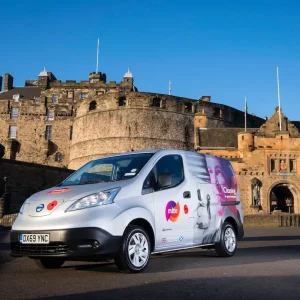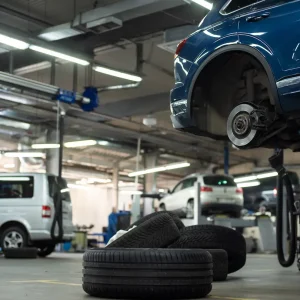In April last year, Britain’s Supreme Court ruled that the Government should do more to curb air pollution. More specifically, they wanted politicians to draw up a plan for reducing nitrogen dioxide (NO2) emissions, which have been in breach of European Union standards for six years running.
Given that NO2 is especially a by-product of diesel engines, many commentators thought that this plan would heavily impinge on diesel vehicles and their drivers. Some even forecast the death of diesel.
A lot has happened around diesel in the year since then. The cost of the fuel itself has fluctuated such that, for a couple of months last summer, it was even cheaper than petrol. The market share of new diesel cars has fallen by almost two percentage points. And companies such as Volkswagen have faced questions and criticisms over how they test the emissions of their diesel vehicles.
But, amid it all, what has our Government done to satisfy the Supreme Court’s demands? Their most noticeable extant policy, particularly for us in the leasing industry, has been the extension of their diesel surcharge. This 3% addition to the rates of company car tax paid by diesel motorists was meant to be phased out at the beginning of April. Instead, in his most recent Autumn Statement, George Osborne revealed that it will remain for another five years.
This abrupt decision, which came without forewarning, has burdened motorists with costs that they didn’t expect. It is a bad way of doing policy. But, thankfully, not all of the Government’s measures have been like this. Their support for ultra-low emission zones – with funding to help eight cities become ‘Go Ultra Low Cities’ – is an admirable way of encouraging people to choose cleaner cars. In fact, it’s so admirable that, as Parliament’s Environment, Food and Rural Affairs Committee recently suggested, it should probably be extended more quickly. There needs to a network of low emission zones across the country.
Aside from these policies, the Government has not yet done as much as we might have expected. There was speculation that the entire system of CCT could be based on NO2 emissions instead of, as it currently is, carbon dioxide emissions. Yet, in his latest Budget, the chancellor confirmed that CO2 will remain the determinant of tax rates from now until 2021 and beyond.
But big policies could be on the way. In a recent interview with the Evening Standard, the transport secretary Patrick McLoughlin suggested that previous governments had, in hindsight, been wrong to incentivise the purchase of diesel vehicles. “It is something the Chancellor will need to look at in due course,” he told the paper. Whether this means a new tax on diesel, or some other measure, such as a scrappage scheme, we do not know. Presumably, we shall hear more in George Osborne’s future Budgets.
Change will come regardless of the chancellor’s actions, however. The years before 2021 should see the implementation of the EU’s new Euro7 emission standards, which will surely impose new requirements on the manufacturers of diesel cars. And European politicians are also working on a new regime of vehicle tests, so that ‘real world’ NO2 emissions can be more accurately recorded. Those tests are set to be introduced as soon as next year.
In many ways, these policies will actually be good for diesel motorists. They will help bring about vehicles that aren’t just cleaner, but are also as clean as their manufacturers say they are. There will be less of the confusion that hovers above the marketplace now.
But there’s also no point pretending that it is all straightforward and good news. The persistence of the diesel surcharge proves otherwise. And it is likely be joined by other policies that are either punitive to diesel cars or at least encourage the uptake of alternatively-fuelled vehicles. Fleet managers should be preparing themselves for these possibilities, as well asking questions. Are ultra-low emission vehicles becoming a more attractive option? What could the costs be?
As during any period of great change, the answers will take some time to emerge – and this really is a period of great change. New technologies are advancing. Cars are becoming cleaner. NO2 is becoming more of a concern than CO2. Which is why we at Leaseplan really see it as our responsibility, to guide our customers through these dynamic times and support the key decisions that need to be made for their business.
Matt Dyer is managing director of Leaseplan.





